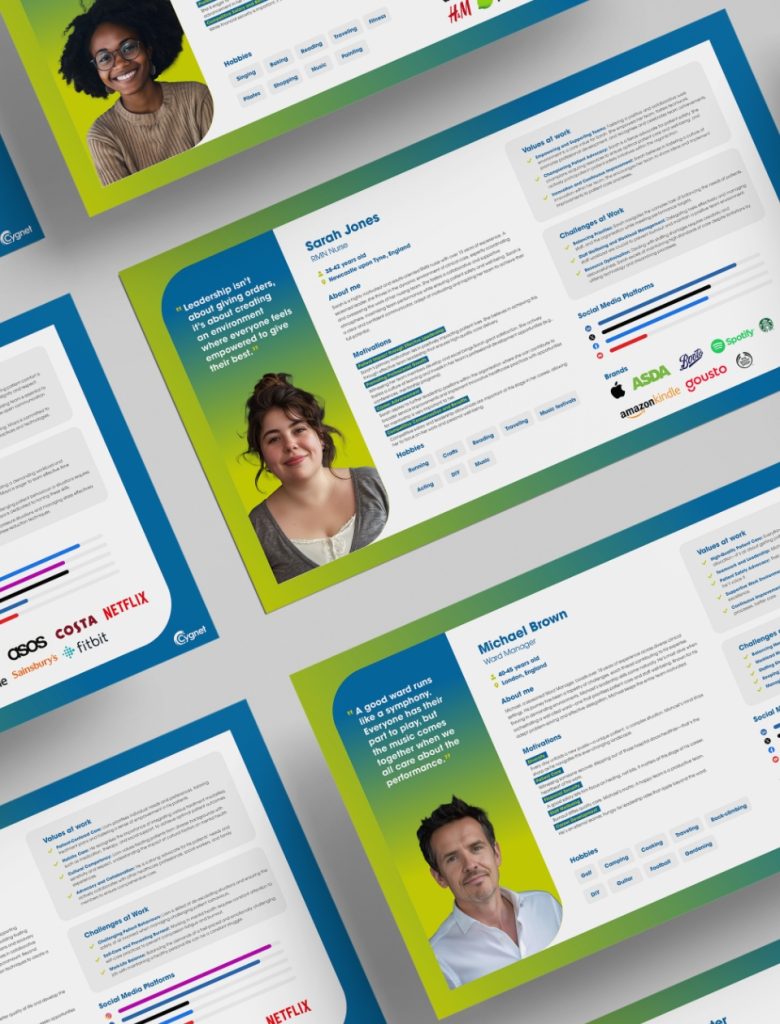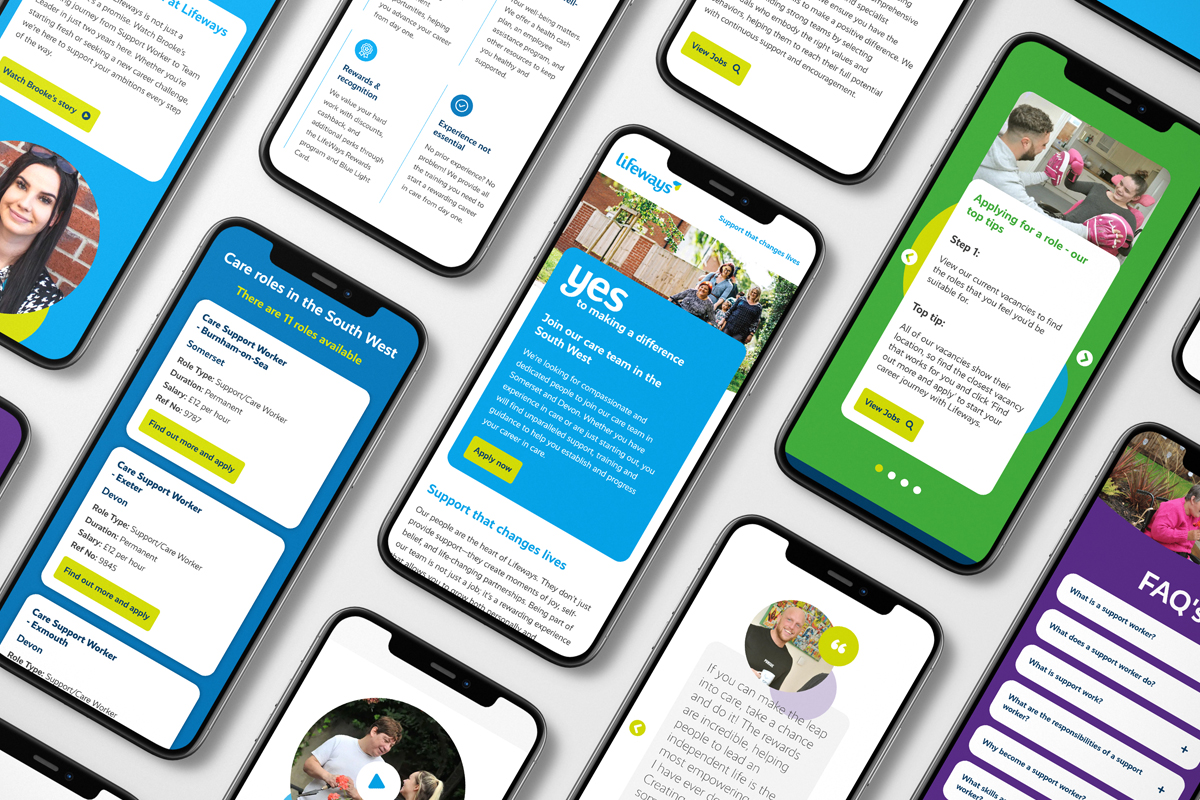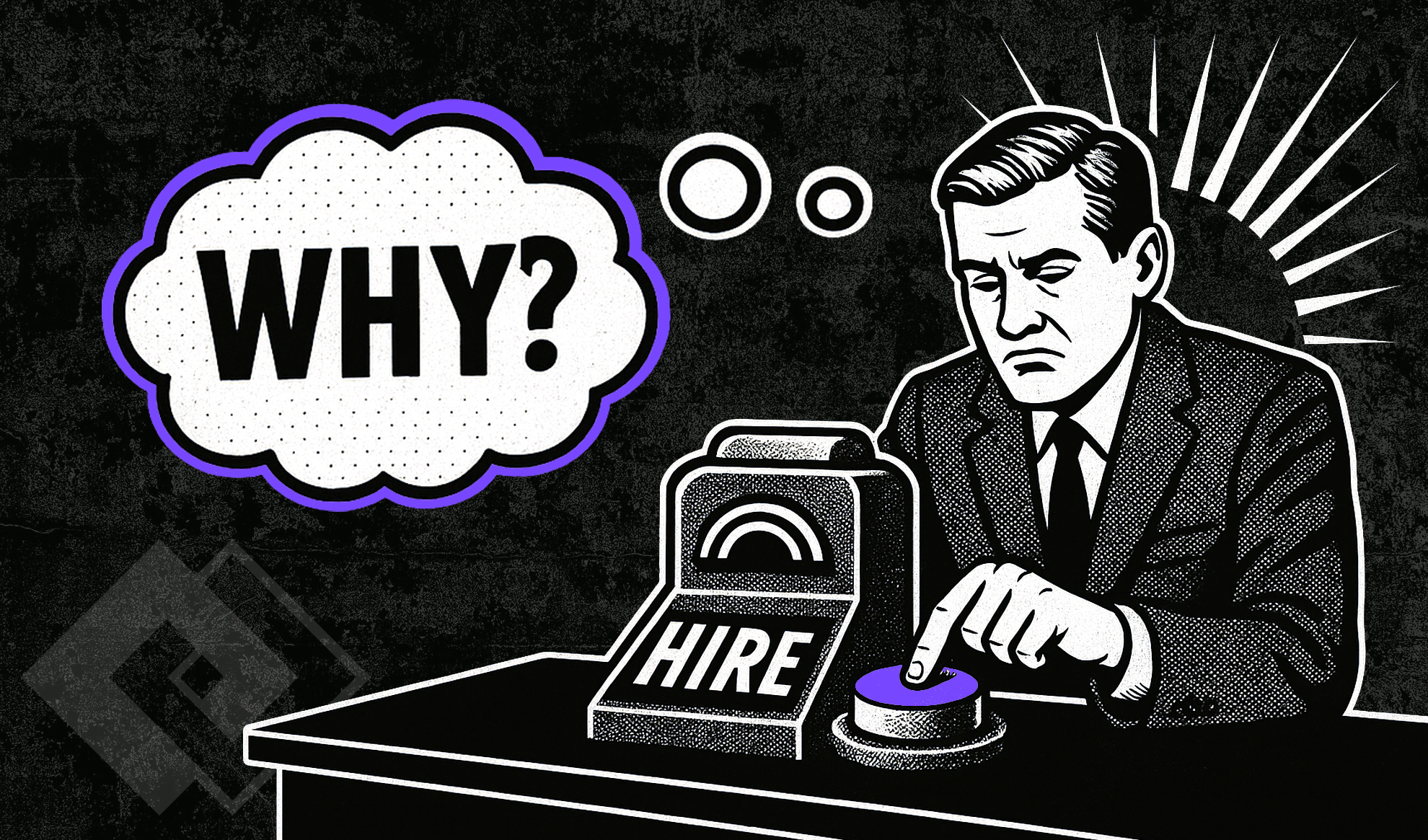You’ve paid for the click. You’ve earned someone’s attention. Now what?
If the answer is “we send them to our careers homepage and hope for the best,” we need to talk.
Because in recruitment marketing, your destination is just as important as the journey. And too often, brands get this wrong.
Here’s what usually happens
A candidate sees your ad. It sparks something. They click. They’re interested. But instead of landing somewhere that builds on that interest, they hit a wall: a generic careers page, a job list with no context, or worse, a login screen.
Momentum gone.
The truth is, most career sites aren’t designed to convert campaign traffic. They’re built for browsing, not buying in. Which is why, if you’re serious about recruitment campaigns, you need something else: dedicated landing pages.
Landing pages sell the sizzle before the sausage
It’s a phrase we come back to a lot at AudienceLink. Candidates don’t apply because they’ve read a list of responsibilities. They apply because something resonates. Because they feel seen, understood, excited.
That’s what landing pages let you do. They give you the space to tell a story, not just list a job. To show real people, real culture, real purpose — before you hit them with the details.
They don’t have to be complex. But they do have to be intentional.
A great landing page does three things:
1. Matches the message that got the clickIf your ad talks about flexibility or values or culture, don’t drop people onto a page that ignores all of that. Make sure what they see next builds on what they just bought into.
2. Makes it ridiculously easy to actShort, focused, mobile-first. No distractions. No ten-step application processes. Just: “Here’s why this role is worth your time. Here’s what to do next.”
3. Reflects your brand, not your ATSYour careers tech might not let you tell your story properly. That’s fine. Bypass it. Use a landing page to control the message, build the vibe, and route to apply however makes sense.
But do I always need one?
Not necessarily. If you’re running niche ads for a single job and already have a standout job ad or a well-designed role page, that might do the trick.
But when you’re running broader campaigns, targeting passive candidates, or trying to shift perceptions? Landing pages give you the real estate and freedom to do that properly.
They let you:
Capture passive interest and nurture it
Tailor messaging to different personas
Bring EVP to life in a way that job boards just can’t
What we’ve seen
In one campaign, switching from a generic job listing to a focused landing page more than doubled applications — all by honing in on what really mattered to the audience.
Because the story we told matched what the audience cared about. And because the page made it easy to act on that feeling.
Final thought
You wouldn’t spend thousands on ads for a product and send people to your homepage. You’d send them to a page that sells it.
Same rules apply here.
If you want your recruitment campaigns to convert, build the destination they deserve.
Need help shaping it? Let’s talk.






